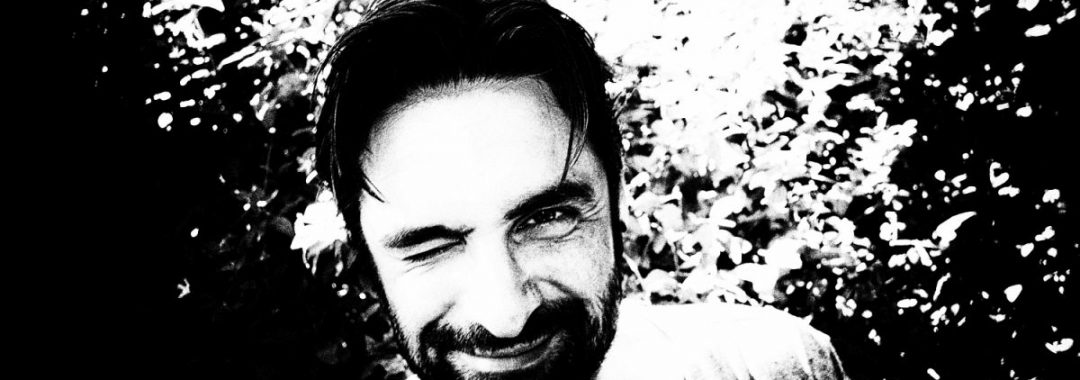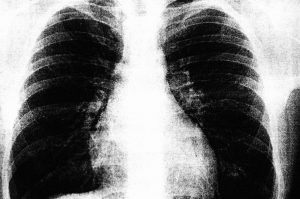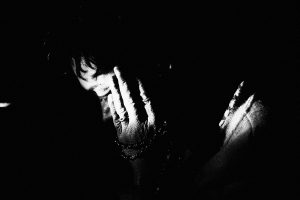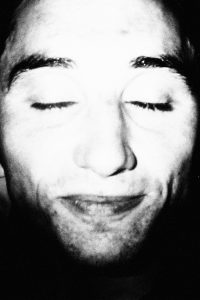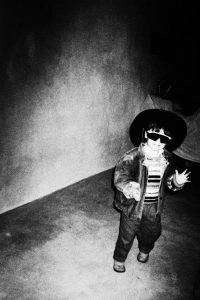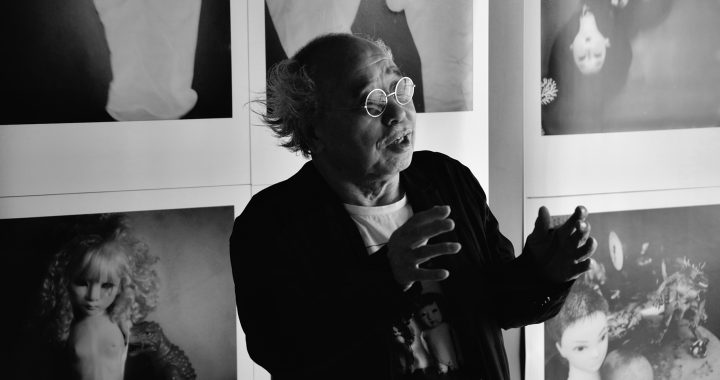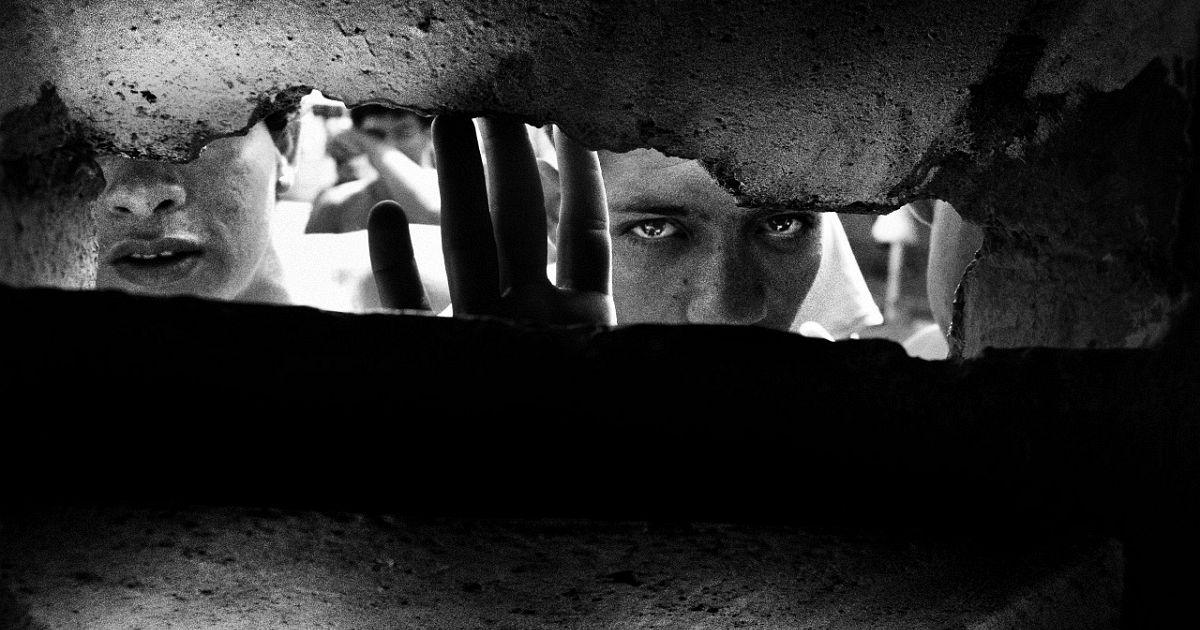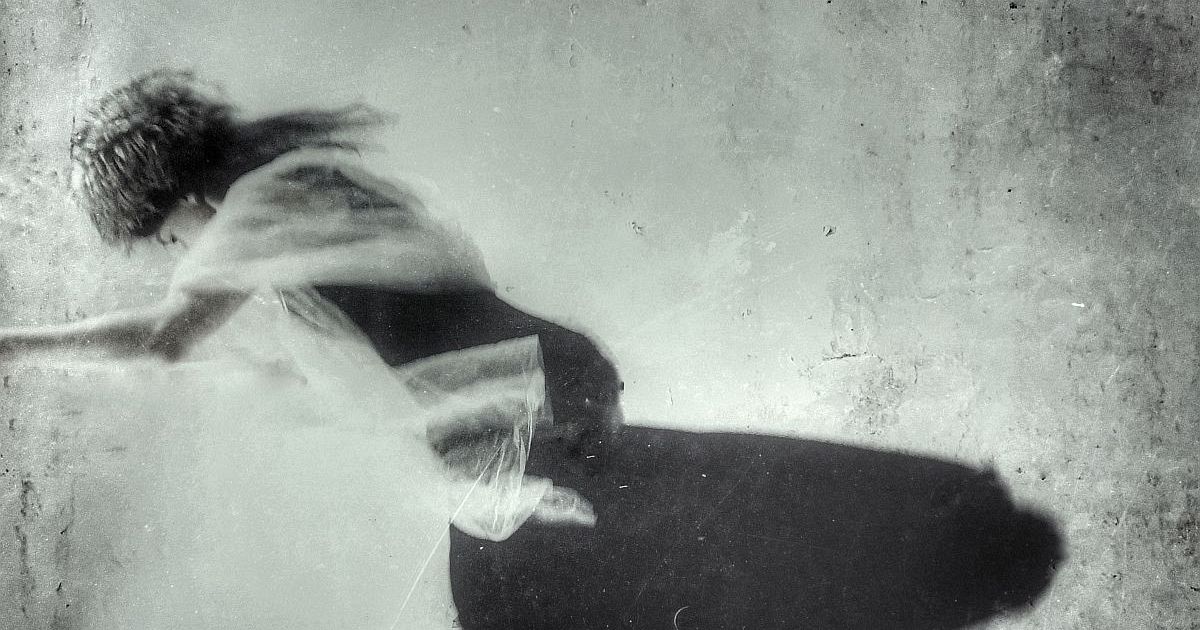A clear duality between documentary photography and intimate personal projects with expressive visual and inner world divided to little pieces. Portuguese photographer Fábio Miguel Roque gives us a possibility to look behind curtain of his mind.
What was the impulse to take pictures?
It is quite easy for me to explain. I don’t take pictures to be famous, or to prove something. Taking pictures for me is a need, like drinking water or breathing. I take pictures because I need to express myself, my feelings, and my view of the world, but also to look to the things inside me. It’s a very personal and intimate way of seeing life.
Do you remember your first assignment as a photojournalist?
Actually no. It’s strange, I know. But I think it is because many things happened in those times. It was a mixed feeling between very good assignments and the bad ones. But most of all, I understood something about myself and my way of looking to my photography and the photo world in general. But I really had some good moments. My favorite assignments were the ones regarding social issues, dangerous neighborhoods, people with very bad problems, in those cases I always felt that I was doing something important. The other kind of works didn’t stay in me.
Why did you quit?
Well, for several reasons. First, that world is full of people, there are too many photographers, and in the other hand it is more and more very bad payed. I was new in the business and I didn’t know exactly what I wanted, and I understood in the process something about myself and photography. I didn’t want to take pictures for others, just for myself. My compromise was with me and with my own view. Not with specific views from others, I didn’t felt a very honest person because of that; so I decide to make my own personal projects and just that, without any outside pressure.
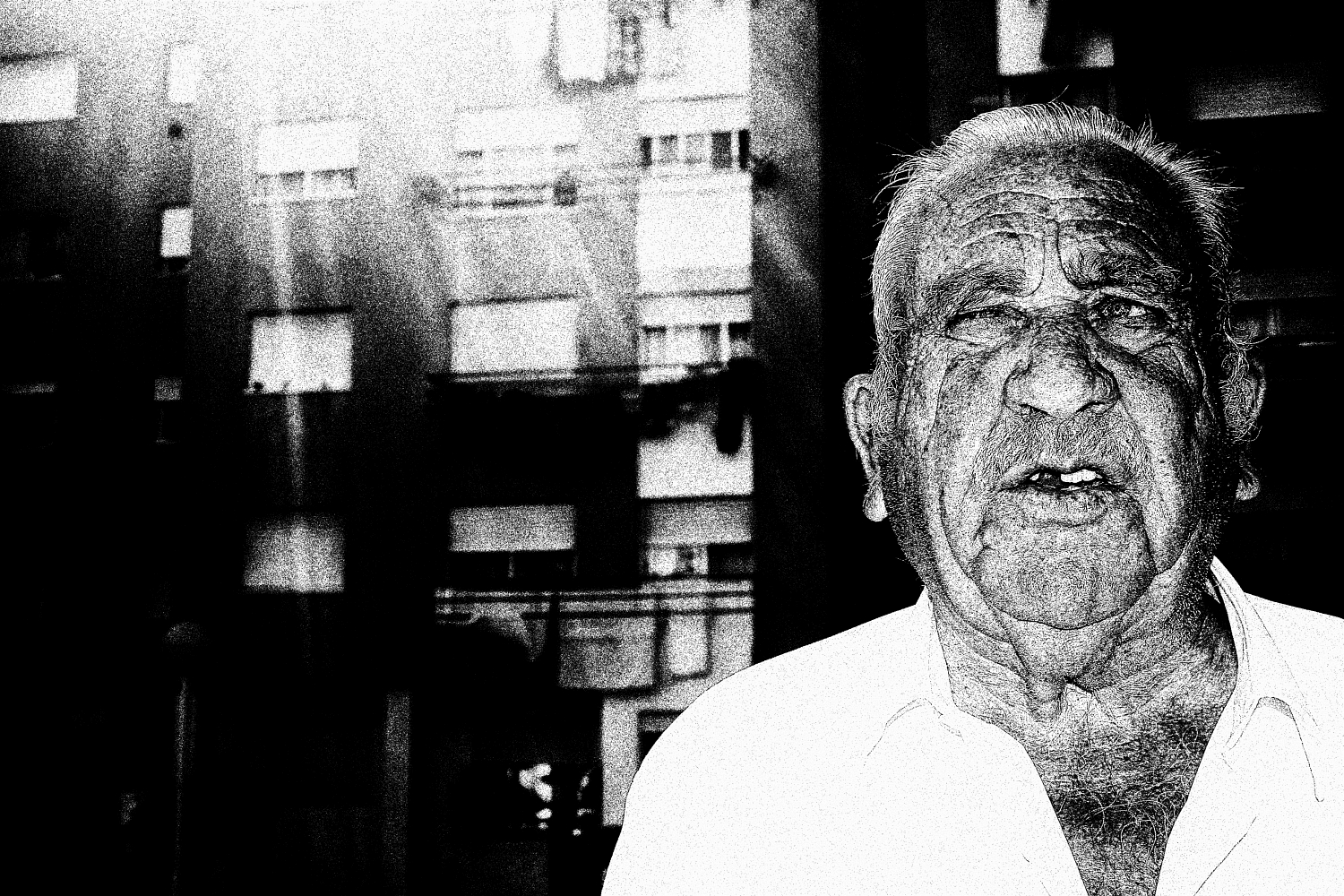
I found fireflies in my dream, talking to a strange, drunk and dead man!
I would call your approach as a fragmented reality. Your creation has a strong expressive visual and covers personal matters through little pieces. Am I close?
You are close. In my past series, I always tried to tell my story, my reality through small pieces of my own view, not something easy to understand (to the viewer), but really some pieces of reality, my reality. I like to make people think about what do they see, sometimes you need to review them for several times. I like that. Because the world is not easy, why my art should be that easy? Lately, a bit I’ve changed my own view about my subjects, and I’m choosing a more close view to the subjects, and feelings. I feel a bit naked I must confess.
Is there a strong expressive movement in photography in Portugal?
I don’t think so. Sometimes I feel I’m in the middle of the desert. You can find some good photographers here, like António Julio Duarte for example, but I don’t think you can really talk about a photographic movement in Portugal. I feel that everyone tries to do something just for himself. People are competitive and selfish. On the other hand, I must admit, my favorite photographer and biggest reference in photography is Portuguese Paulo Nozolino; and this, is very curious for me, because he is really good, and very polemic, so is the perfect “hero” of the system.
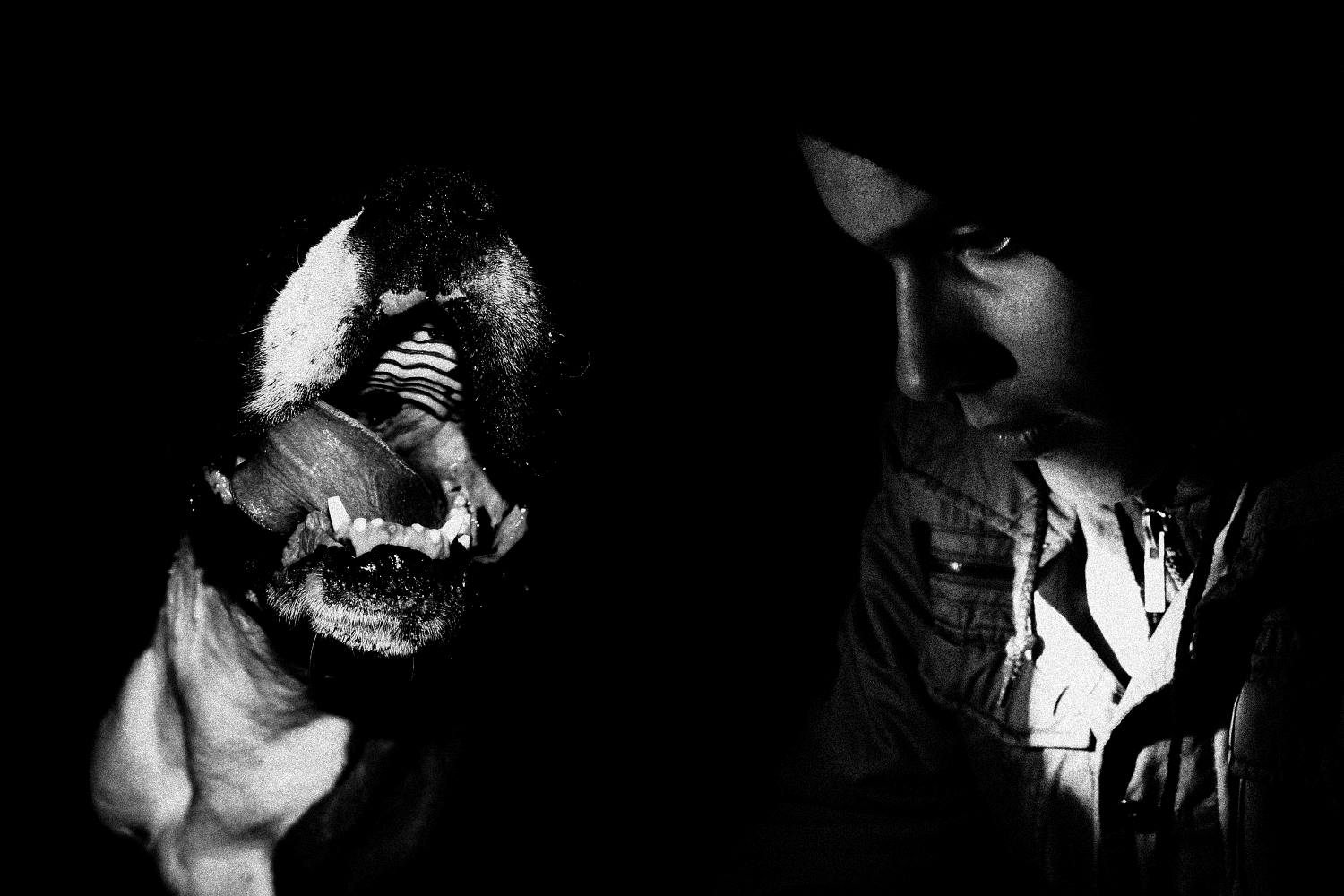
I found fireflies in my dream, talking to a strange, drunk and dead man!
Do you consider yourself as a documentarist?
Yes and no. Documentary photography is not the same nowadays, it’s my opinion. My work is usually about my reality, so in a way a kind of document. I’m trying to express my feelings the way things happen to me and to the people around me, with the world in general. So yes, I can consider myself a documentarist but not in a usual way, or the way of the old ones. I can give an example. My last complete body of work “Origin” was about my family history and my roots. It was an important project for me, yes it was personal, but at the same time it was a document about my entire family and more than that my family inside a concrete time and space.
What do you think documentary photography means to you? How would you define it?
Documentary photography nowadays is a real big universe in my opinion. You can approach documentary subjects in many ways. You have the old approach to the subjects, like the old documentary photographers like Josef Koudelka or Eugene Smith. The search for disturbing subjects, like problems in society in a usual way by seeing the problems of others and trying to react to these problems. You have also a new documentary approach, with a different style, more far from the subjects, like an outsider viewer. And you have also the personal documentary and this is one really matters for me and for my work. I like the others but, for me it don’t make sense to approach subjects that mean nothing to me. I need to feel things so I can express them in my way. Any kind of things, even the same subjects of others, drugs, sex, social issues, I need to live that first (in a way).
What is your series Another Love Story about?
Funny you ask this. Because I’m really not sure about this series. This series was published last year by WOB Photobook Studio in Taiwan and this was more an exercise for me, rather than a real contemplated project. Those pictures were made many years ago, I was 15 or 16 years old back then. After longer period of time I was away from my parents house, I returned and I found there my old negatives, among them pictures of my first girlfriends. And looking at them, I really feel nothing, no nostalgia or the need to get back in time. It was just a couple of pictures that I found there, nothing less, nothing more. Then I realize the difficult times that I lived because some of these past relationships, and I started to question myself. What is love? Real love? Today I think I know what it is, but back then I was totally sure that I also knew, but I was wrong.
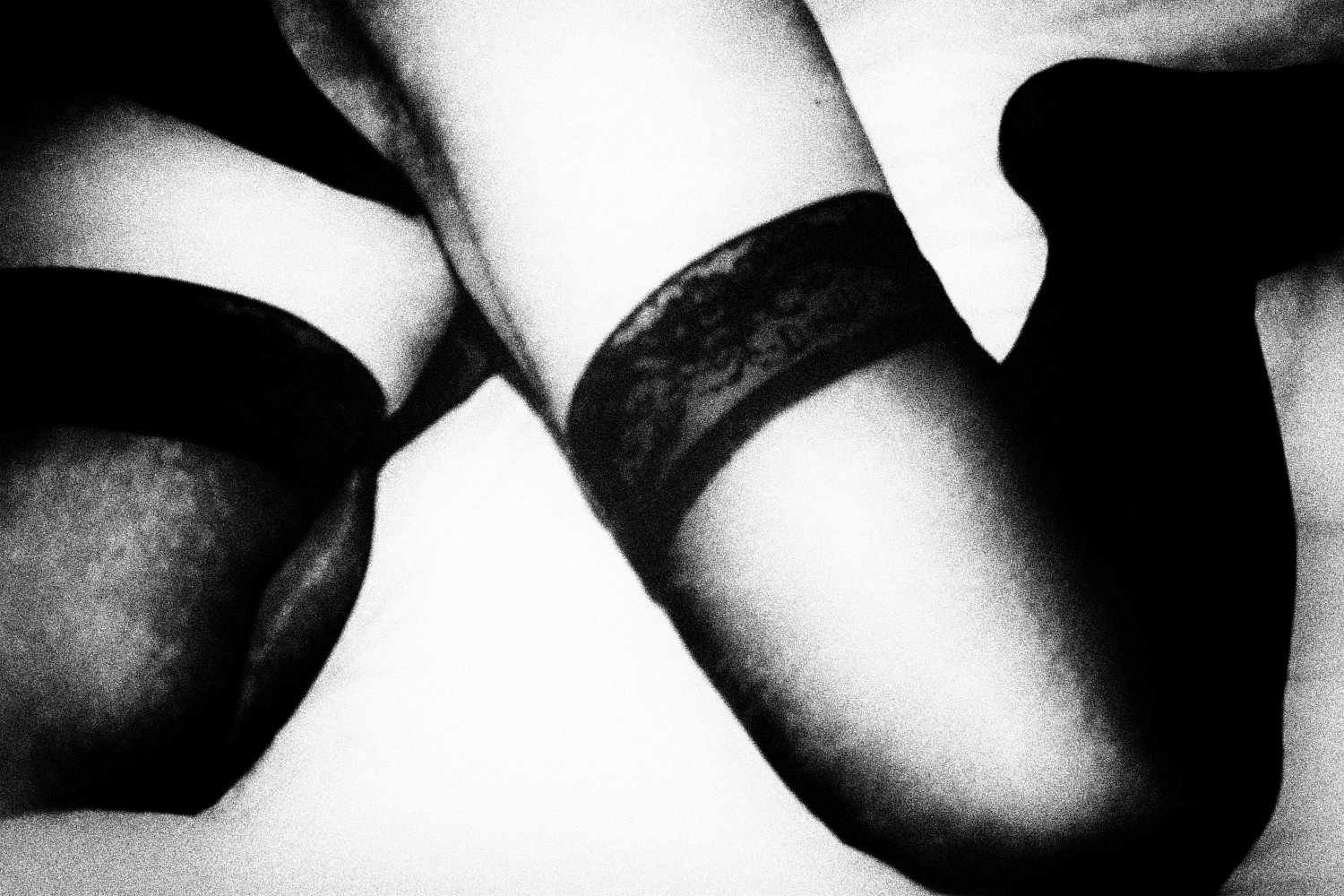
Another Love Story
What is your project you are currently working on?
I’m working on lots of stuff I must admit. I’m rebuilding two past series, “”I found fireflies in my dream, talking to a strange, drunk and dead man!” and “Redemption”, because they are two important projects for me but I have a different view of them now, and I want to put an end on them. Then I’m editing a series which I made last year in Italy. It’s called “Everything Lay Still” and it’s about nostalgia, seeking of love, loneliness. I found myself in the middle of the north mountains almost alone, not speaking the language, and it was a very intriguing place, with very few people around and a lots of nature. One day I went to a cemetary and I see an old man, kissing the grave of his dead wife, that was something real scary and amazing for me, because she was dead for 10 years then, and that fact make me think about all the choices I made in the past, and the real reason I was on that exact place. And I’m still shooting for a long term project called “Desassossego” (it’s the Potuguese word for disquiet), this project is a kind of diary of my past two years, with many “chapters”, I don’t want to reveal too much by know, because I need to understand exactly what to do with the project first.
Your favorite authors or photographers who influenced you?
Number is Paulo Nozolino. He is my favorite and the one that most influenced me and my work. He is very dark, very obscure and I really enjoy it. Then there are lots of photographers that I appreciate and that in a way maked me think, like Anders Petersen, Moriyama, Takuma Nakahira, Antoine d’Agata and the most recently I`ve discovered a passion for JH Engström work, because of all the layers on his projects.
You are also devoted to publishing house The Unknown Books. What is the idea of it?
Yes, true. I started The Unknown Books some years ago, mostly like an easy way to publish my own work, and this is the base of it. But in the process I started to receive some projects from other artists. Some of them impressed me a lot, so I published them, and this was the main reason. Not a big deal, it’s a passion and not business. Lately I started to question some of my past decisions regarding it about my path. I think The Unknown Books for several reasons won`t last long, mostly because myself and the way I see the photographic world right now. But there will start something new and fresh instead!
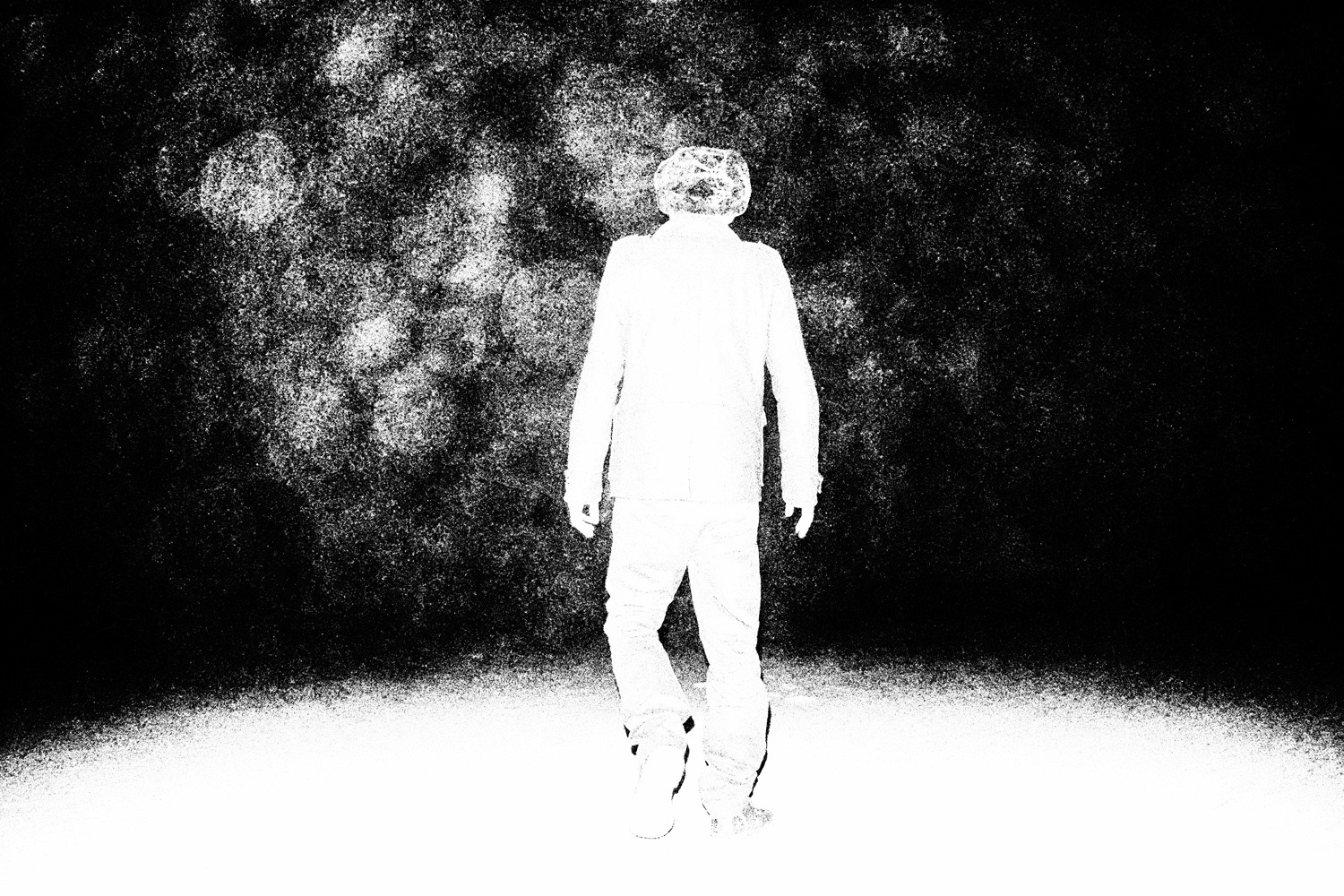
Desassossego
What is your plan of your personal evolution in photography? Do you have some?
I have no plans! My plan is to live a full life! And with that in mind, photography will come after. I love photography and the act of making pictures is in my case related with myself, my mood, my way of seeing things. I’m not a selfish guy, but I’m totally selfish regarding photography. But of course, I want that evolution, I want to make new things, I want to test myself further, I really think it is the only path for me.
Fábio Miguel Roque (*1985) is a photographer, publisher and curator. He was born in Lisbon and is based in Sintra, Portugal. He made the big part on his studies on I.P.F. (Portuguese Institute of Photography) between 2004 and 2007, and also several workshops in other portugese institutions, like History of Contemporary Photography in Ar.Co. He worked as a photojournalist at the beginning of his career, but for several reasons, decided to focus on more concrete subjects. In the last years he made several solo and collective exhibitions both in Portugal and abroad in Places like US, Spain, Bulgaria, Poland and Germany. He was also shortlisted for some festival and awards. His projects are in several publications from zines to books, between then “Hometown”, “South” and “I found fireflies in my dream, talking to a strange, drunk and dead man!”. In 2014 he started the publishing house “The Unknown Books”, and since then have published more then 50 zines and books. He is a co-director of Preto Magazine, a magazine dedicated to strong black and white photogrpahy, that came to life after the end of Preto Collective. He is also member of Latent Image Collective, since 2014.
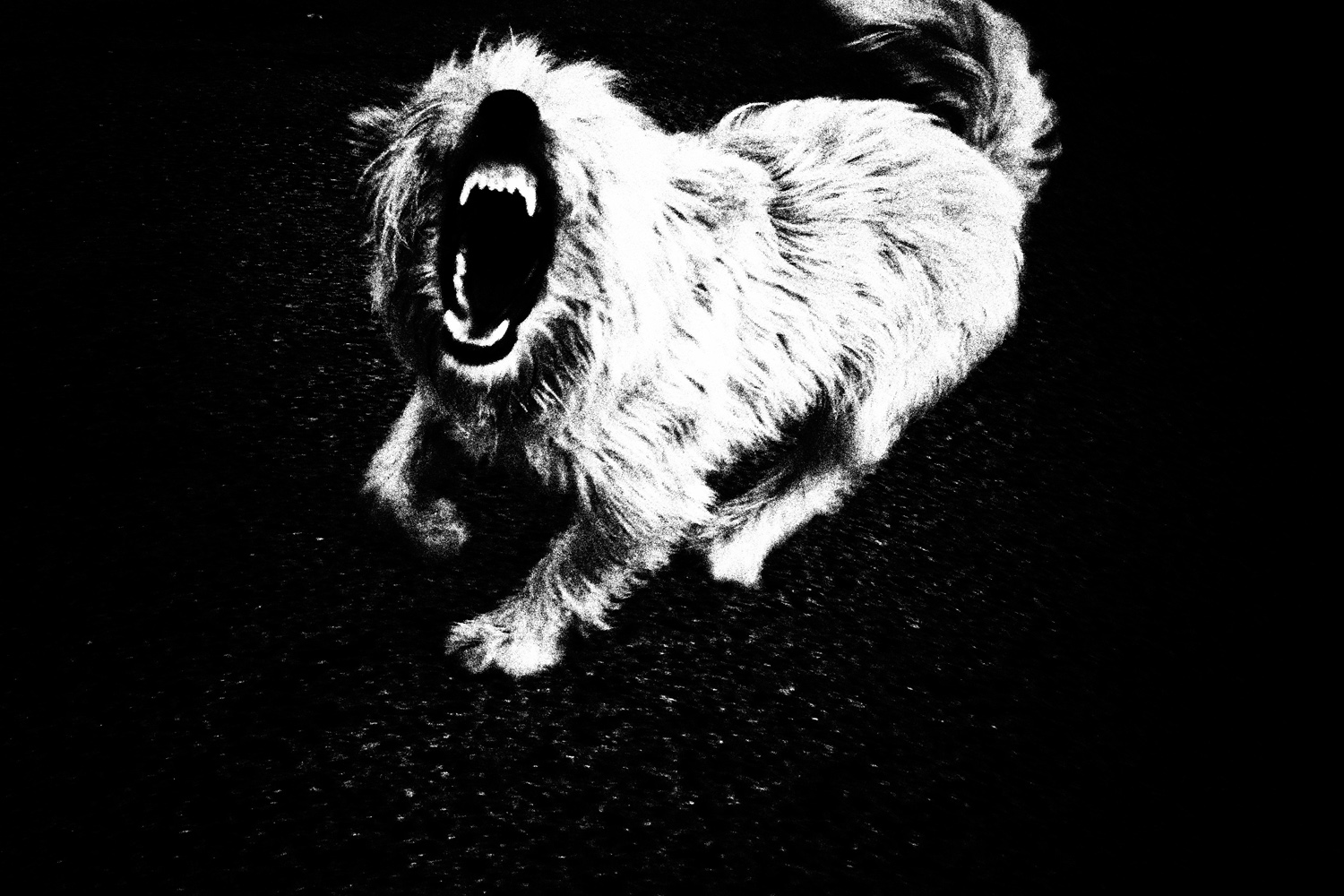
Desassossego
